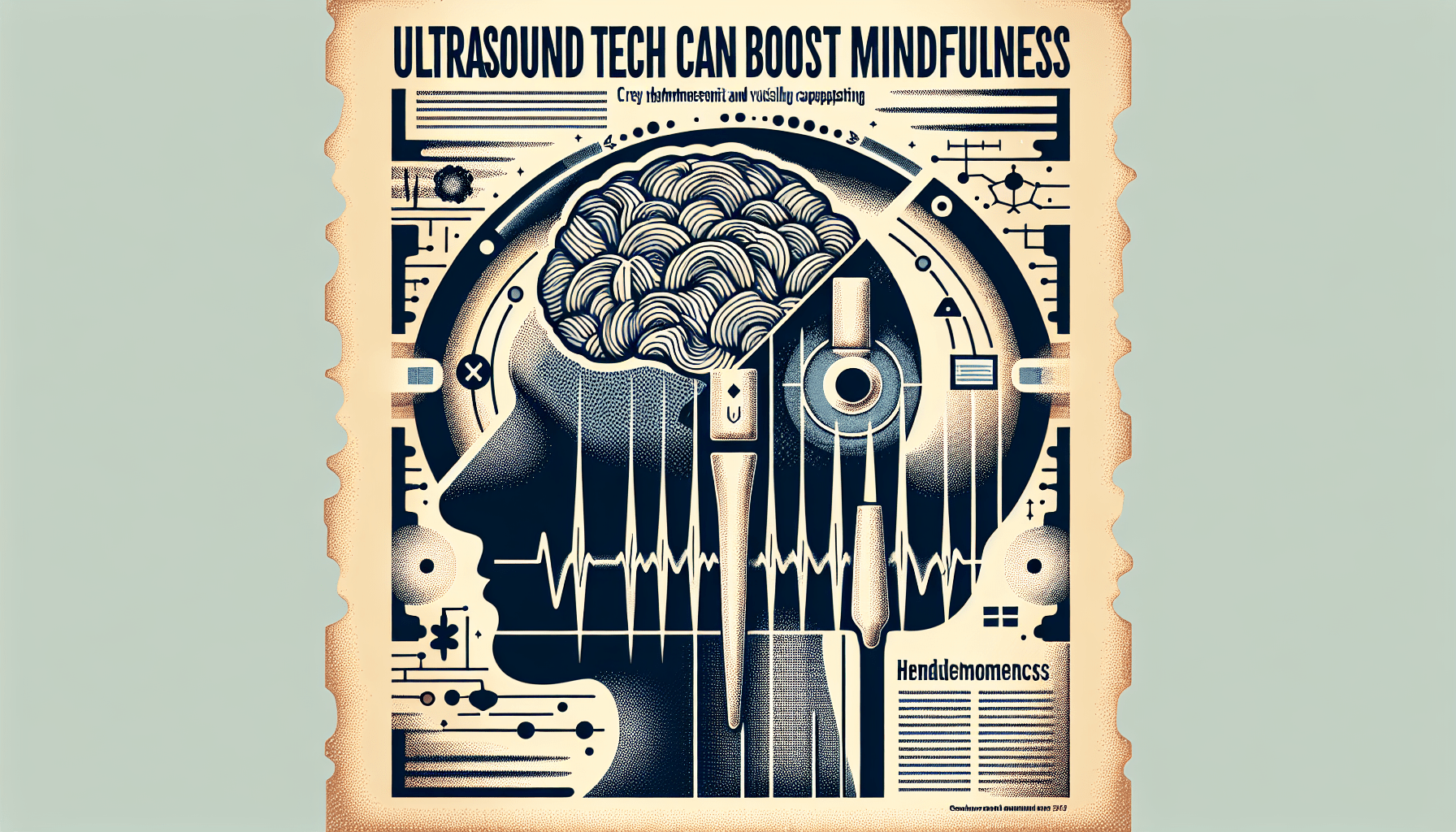Have you ever felt that sudden rush of peace when you stop and listen to your heartbeat? Or noticed how your mood shifts when you think about someone you cherish? These tangible experiences may be more than just fleeting emotions – they are rooted in a powerful connection between your heart and brain.
Our understanding of the heart has evolved significantly, moving beyond its role as just a blood-pumping organ. Thanks to groundbreaking research, we now know that your heart and brain have a profound interaction that profoundly impacts your well-being.
The Powerful Heart-Brain Connection
Examining the Heart-Brain Link
In recent years, crucial discoveries have emerged, particularly from the Institute of HeartMath. Their research indicates that your heart houses 40,000 neuron-like cells, implying it functions as a type of “mini-brain.” Fascinatingly, your heart sends more signals to your brain than your brain does to your heart. These signals create an electromagnetic field, which is significantly larger in size compared to the electromagnetic field generated by your brain.
The Science Behind the Connection
Your heart’s electromagnetic field interacts continuously with every cell in your body. This continuous dialogue plays a vital role in your emotional processing and cognitive functions. Just like your brain, your heart possesses an intrinsic nervous system, comprising intricate networks of neurons, neurotransmitters, proteins, and supportive cells. This enables your heart to learn, remember, and make independent functional decisions, adding a whole new dimension to how you perceive heart-brain dynamics.

Benefits of Heart-Brain Alignment
Aligning your heart and brain can provide numerous benefits that span emotional, mental, spiritual, and physical health spheres.
Enhancing Heart Coherence
Heart coherence refers to the synchronization between your heart’s rhythms and your physiological processes. When your heart is coherent, you experience a state of calm and resilience that greatly benefits your health. Increased heart coherence is linked with improved emotional stability and mental clarity, helping you face daily challenges with a balanced approach.
Improving Hormonal Balance
A coherent heart-brain relationship can lead to better hormonal regulation. This alignment impacts the release of hormones such as cortisol and oxytocin. Cortisol, often termed the “stress hormone,” is balanced, reducing excessive stress responses. Oxytocin, known as the “love hormone,” is enhanced, promoting feelings of love and compassion.
Boosting Immunity and Cardiovascular Efficiency
A balanced heart and brain interaction positively affects your immune system and cardiovascular health. Studies suggest that individuals with high heart coherence exhibit increased immunity and improved cardiovascular function, illustrating the wide-reaching benefits of tuning into this powerful connection.

Five Heart-Brain Mindfulness Exercises
Integrating heart-brain mindfulness exercises into your daily routine can significantly enhance your overall well-being. Below are five exercises designed to help you focus, foster positivity, relieve stress, stay calm, and reduce anxiety.
1. For Focus: Heartbeat Awareness
Placing your hand on your heart and focusing on its beats can dramatically improve your attention. This simple act merges physical touch and mental concentration, centering your mind and bringing you into the present moment. Feel the rhythmic beats and let each pulse ground you in now.
2. For Positivity: Cultivate Appreciation
To uplift your mood, think of someone you deeply appreciate. It could be a friend, family member, or even a cherished memory. Engage in this mental exercise to elevate your emotions and heart rhythms, fostering a state of sincere gratitude and connection.
3. For Stress Relief: Heart-Gut Visualization
Visualizing your heart and gut as a single, harmonious unit while taking deep, slow breaths can be an effective way to manage stress. This visualization aligns two major centers of power in your body, easing the burden of stress and promoting overall harmony and relaxation.
4. For Calm: Muscle Tension and Release
Engaging in muscle tension and release exercises helps alleviate anger and tension. Focus on tightening and then releasing different muscle groups while maintaining steady breathing patterns. This practice ensures that your muscles coordinate with your heart’s calming beats, promoting relaxation and serenity.
5. For Anxiety Relief: Heart as an Anchor
Visualize your heart as an anchor to soothe anxiety. Imagine it grounding your entire being, and use gentle breaths to draw upon this image’s stabilizing force. Allow each breath to reassure one’s mind and body, expanding the sense of security and calm.

HeartAlign Meditation
HeartAlign Meditation is a guided practice combining scientific insights and ancient wisdom aimed at syncing your heart, brain, and nervous system.
Structure of HeartAlign Meditation
HeartAlign Meditation bridges the gap between modern science and age-old practices. By focusing on heart rhythms and breathing patterns, this meditation promotes coherence between your heart and brain. Regular practice of 4-5 times a week is recommended for achieving physical and emotional balance.
Optimal Timing for Practice
The recommended times for HeartAlign Meditation include morning, evening, or mid-day. These periods can amplify the benefits as your body is either gearing up for the day, winding down, or seeking a rejuvenating break. Consistency brings measurable improvements in mood, focus, and overall well-being.

Additional Information
The Long-Term Benefits of Daily Mindfulness
Practicing daily mindfulness anchored in heart-brain exercises can catalyze long-term health benefits. Regular engagement in these activities enhances emotional regulation, boosts cognitive functions, and nurtures spiritual growth. Over time, your physiological and psychological harmony improves, fostering a resilient, balanced state of health that stands the test of life’s various challenges.
In essence, the heart-brain connection is remarkably potent. Listening to your heart, quite literally and metaphorically, can lead to a more harmonious, balanced, and fulfilling life. By tapping into the dynamic conversations between your heart and brain, you discover a source of strength that not only supports but also enriches your mental and physical state.




